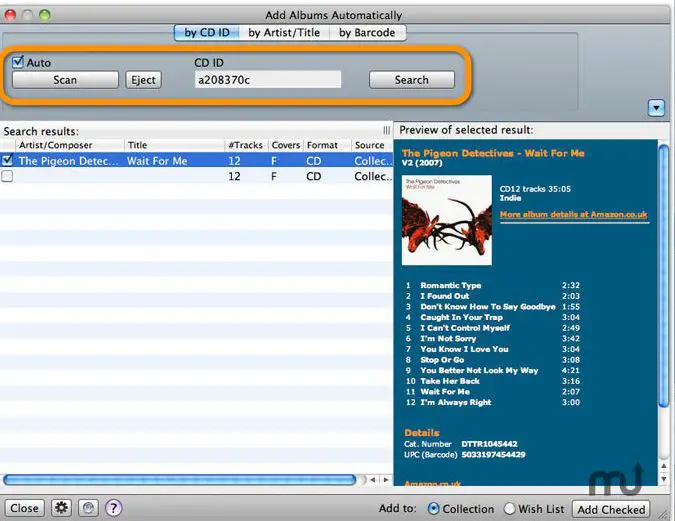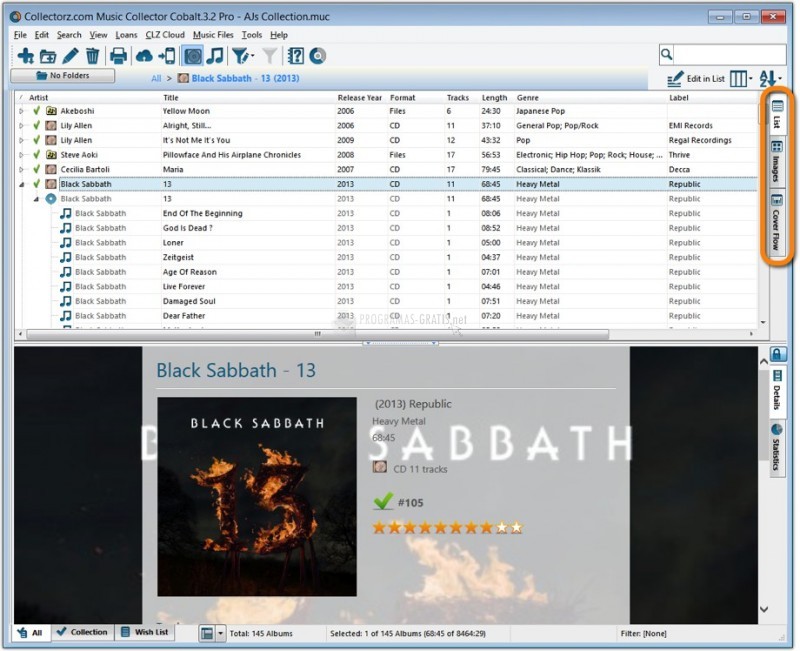
For my part, I would leave them as they are and not meddle. The hymns that these missionaries teach them are musical and literary garbage. I don't think any of them realize that the people they are here to improve are in many respects far more cultivated then their would-be instructors. Interestingly, Sharp expressed the private conviction that he doubted the missionaries and educators who often served as his hosts and guides in the mountains were really doing the mountain people any good: In 1917 Sharp published, English Folk-Songs from the Southern Appalachians followed in 1932 by a posthumous publication of a 2-volume set that, alongside the early Child publications became a canonical work (Williams, 2002, p. He introduced American aficionados to the practice of "catching" and noting the tunes of ballads as well as recording their texts. Sharp spent roughly 46 weeks between 19 gathering 1612 folksongs from 281 singers in North Carolina, Virginia, West Virginia, Tennessee and Kentucky. It was Dame Campbell who had invited Sharp to come to Asheville, North Carolina to pursue his research. Many have been around for decades, including the North House Folk School in Minnesota, the Penland School of Crafts in North Carolina. Over time, folk schools have been founded in many parts of the United States. In Denmark, these schools for life had helped transform the countryside into a vibrant, creative force. Campbell Folk School in Brasstown, North Carolina, brought the concept over from Denmark. The American folk school tradition began in early 1900's in Southern Appalachia. Campbell Folk School as a tribute to her husband. For the first time, music other than ballads were given serious recognition.Īfter he died his widow, Dame Oliver Campbell, continued to research folksongs in Appalachia. Later in the century scholars and audiences began to appreciate Appalachian music on its own merits, and not merely as a relic of Anglo-Saxon heritage. Campbell was one of the rare authors who emphasized the diversity of Appalachia. Campbell book's The Southern Highlander and His Homeland (1921) provided a survey of Appalachia including his wife, Olive Dame Campbell's research of folksong.

Appalachian culture was viewed as a source of national pride or heritage in the face of industrialization and new European immigration. The attitudes of scholars like Sharp were representative of Progressive Era ideas. In his search for British "Child" ballads, or the English and Scottish ballads collected by Francis Child, Sharp ignored all instrumental, religious, and popular music. Sharp's collection was the first comprehensive study of Appalachian music, but he omitted many facets. Beginning in the early 19th century Cecil Sharp and other song-collectors were among the first to "discover" Appalachian people and viewed them as isolated people cut off from the industry, economy, and transportation of the modern world.

Sharp's attention to the Appalachian South added legitimacy to the idea that the region harbored a unique folk culture that resided in white Anglo-Saxon natives who maintained the tradition their ancestors (Becker, 1998, p.

Teachers and missionaries in social settlements across the region helped Sharp identify local contacts and eased his way into communities. The "discovery" (Ballads were discovered by outsiders but the people who were singing them certainly knew they existed, discovered is therefore used ironically in this sentence.) that folksongs flourished in the mountains, prompted the leading British folksong collector, Cecil Sharp to make several trips to the southern highlands in the late 1910s. Folksong collectors began turning their attention to the Appalachian South in the late 19th century laying the groundwork for major collecting efforts in the 1910s when the region became the focus of study for collectors of old British ballads.


 0 kommentar(er)
0 kommentar(er)
